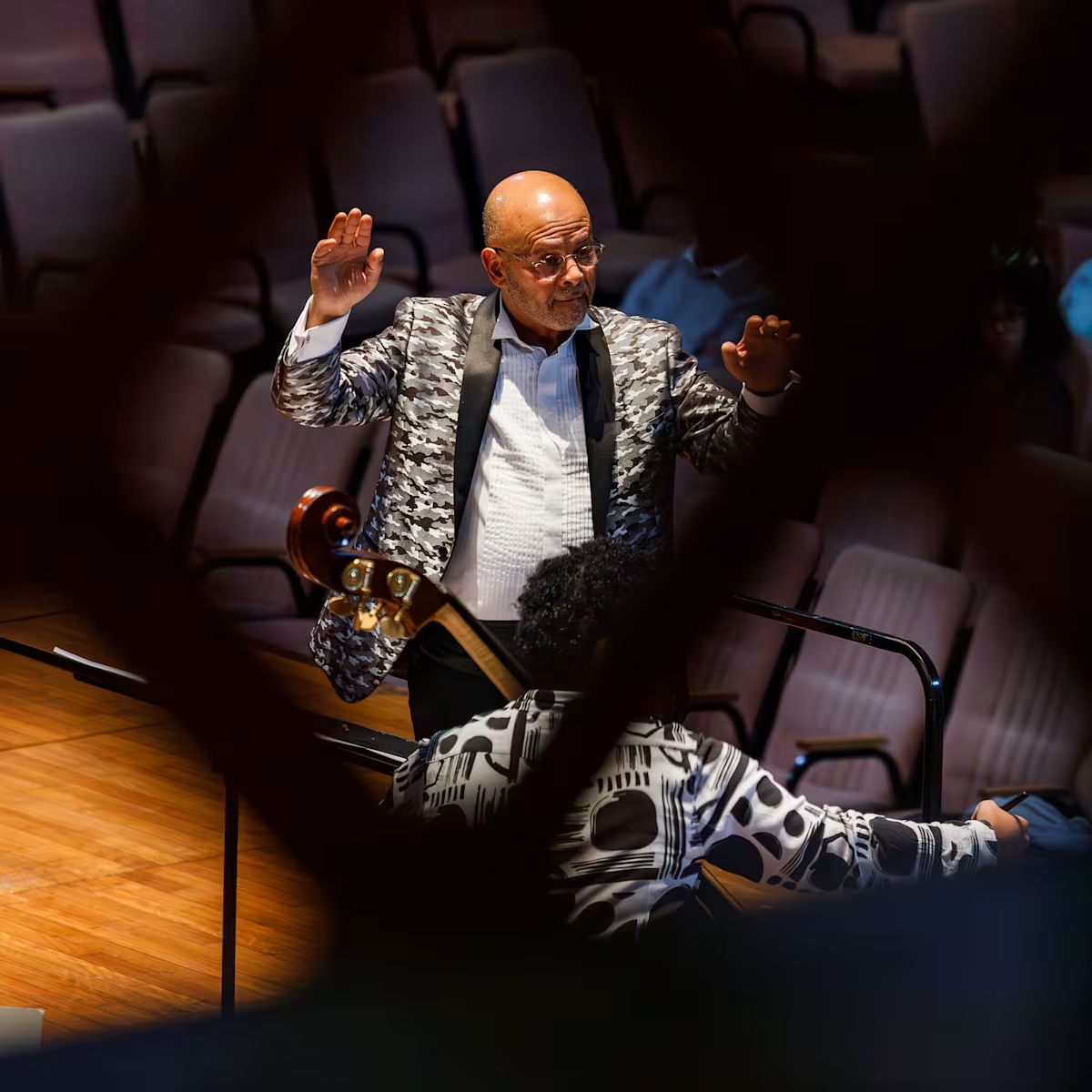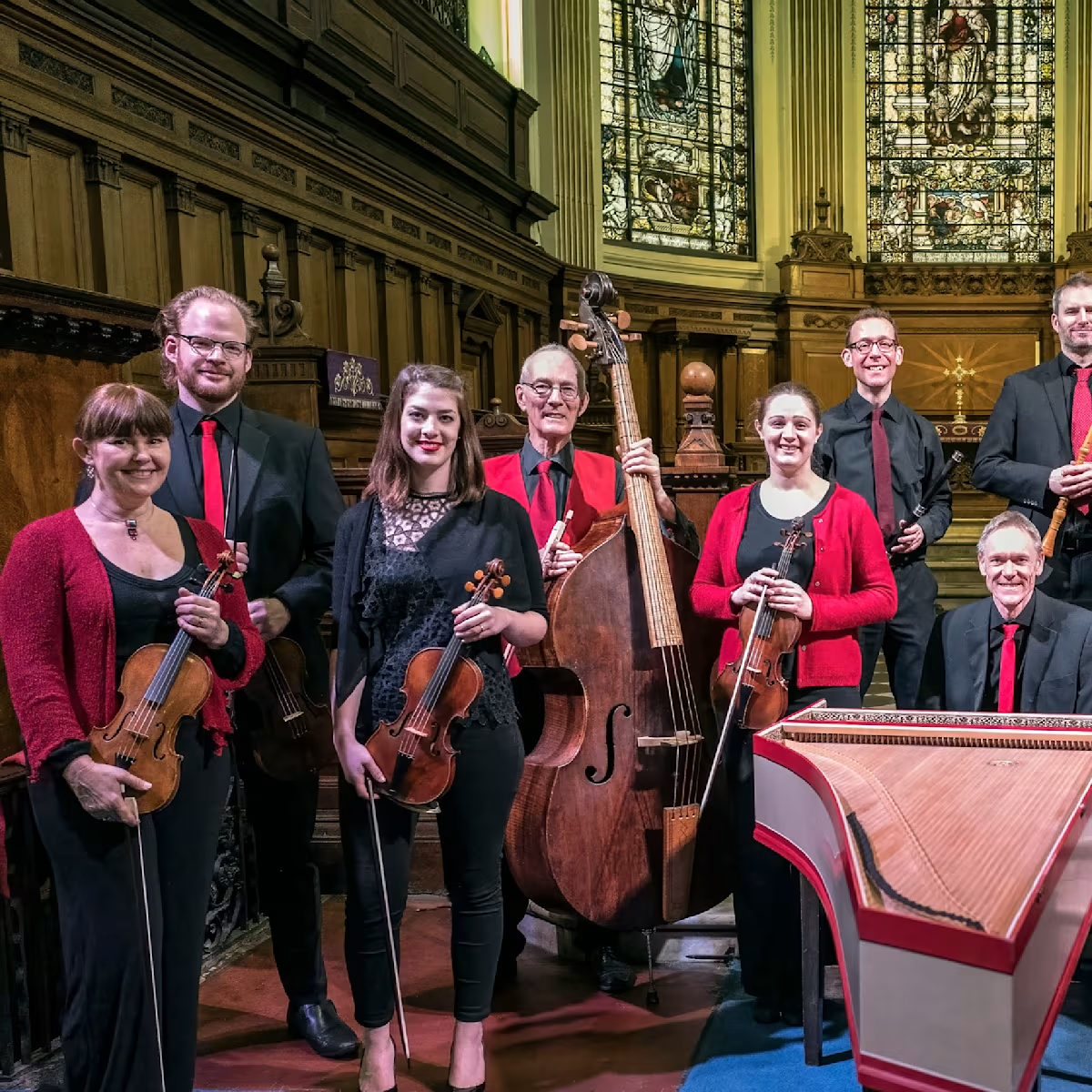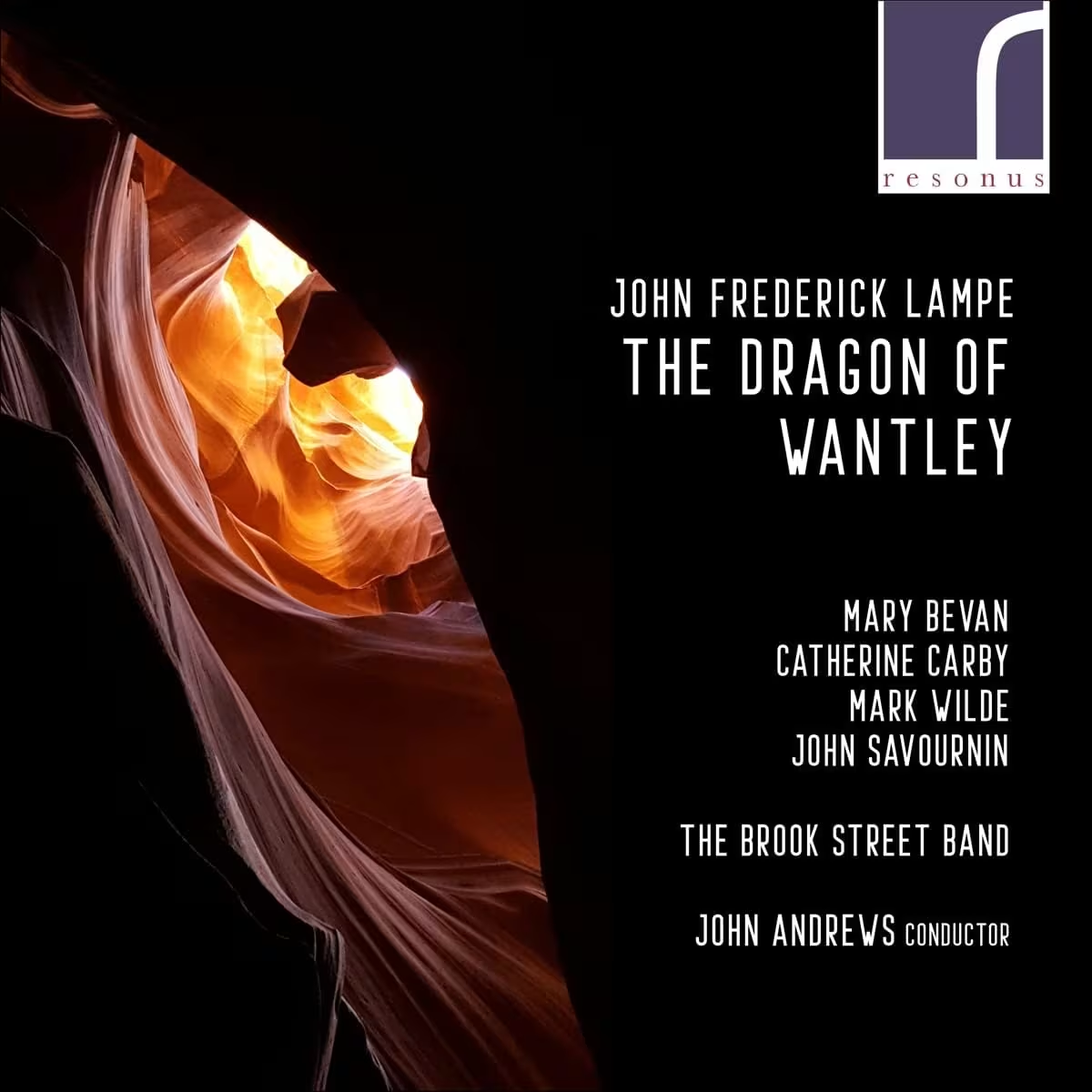Essay
Sons of England: Purcell, Handel, Sancho
Share this

It’s rare for the Academy of Ancient Music to commission a new piece of music, but it has happened in the past. Under associate music director Paul Goodwin, AAM ventured into new music, with two turn-of-the-millennium commissions from John Tavener (Eternity’s Sunrise and Total Eclipse), David Bedford’s Like a Strand of Scarlet (2001), and John Woolrich’s Arcangelo, celebrating the 350th anniversary of Corelli’s birth in 2003. The Academy later commissioned Thea Musgrave’s Journey into Light in 2006 as a companion to Mozart’s Exsultate, jubilate, and most recently (until now!), a new orchestration of Bach’s The Art of Fugue from Mahan Esfahani in 2012, for the BBC Proms of that year.
AAM’s music director is now Laurence Cummings (having succeeded Richard Egarr in 2021), and new music is once again on the menu, with an intriguing and timely commission from Roderick Williams.
Roderick Williams is a familiar name to any fan of classical music and opera - as one of the most prominent baritones of his generation, with around forty recordings to his name - and one of the most recognisable to the wider public, gracing the Last Night of the Proms on several occasions. Williams has in more recent years become known as a composer, particularly in the field of choral music.
The AAM has chosen Roderick Williams for their first commission of a brand new work since 2006, for their project Sons of England. The “sons” in question are Handel, Purcell, and the less familiar name of Ignatius Sancho - each “English” in contrasting ways. Purcell was born in St Ann’s Lane in Westminster in 1659, unquestionably English, by birth. Handel, German by birth, settled in England in 1712, and is (at least by the British, although not necessarily by the Germans) considered to be one of the most celebrated English composers.
Sancho, however, became “English” in very different circumstances. He was born on a slave ship in the Atlantic (in around 1729), and was sold (as a baby, and almost immediately an orphan) in the Spanish colony of New Granada to an owner who soon took him to Britain. Sancho was, as yet, only two years old. That owner gave Sancho, as a gift, to three unmarried sisters in Greenwich, with whom Sancho remained for the next 18 years; they gave him the name “Sancho” as they believed he resembled Don Quixote’s squire. He ran away from Greenwich in 1749 - but not far; he was taken under the wing of the Duke of Montagu, who had been a frequent visitor to the Greenwich household. Sancho worked at Montagu House in Blackheath as a butler to the Duchess, and (encouraged by Montagu) was able to immerse himself in music, poetry, literature, and writing. Upon the death of the Duchess he received a modest annuity, married (a West Indian woman - Anne Osborne), and raised a family (seven children). Later, after a spell as valet to George Montagu (son-in-law to the Duke), he became a shopkeeper, selling tobacco, sugar, and tea at 19 Charles Street in London (a stone’s throw from Purcell’s birthplace) - goods mostly produced, then, by slaves in the West Indies.
As a shopkeeper, Sancho prospered, and was able to compose: at least 62 of his works were published in collections of dances and songs. He also wrote two plays, and contributed letters and articles for newspapers, both under his name and the pseudonym “Africanus”. As a property-owner, now, and no longer merely “property”, he was entitled to vote, and is the first person of African origin known to have voted in Britain (in the General Election of 1774). In the 1780 election he voted for Charles James Fox (voting not being secret at the time); Fox was an acquaintance of Sancho and patron at his shop, and it was Fox who later successfully steered the first resolution to pledge the abolition of the slave trade through Parliament, in 1806 (sadly not witnessed by Sancho, who died in 1780).
It is not clear if Sancho ever met Handel, but as a young, keen participant in London’s intellectual milieu in Handel’s final years, it’s possible. 12,000 Londoners are reputed to have attended the first performance of Handel’s Music for the Royal Fireworks in 1749 - was Sancho, recently arrived in the Duke of Montagu’s household in Blackheath, among them? Given that Handel had some years earlier profitably invested in the slave-trading Royal African Company, it’s fascinating to imagine how a relationship between the two composers might have developed against the backdrop of this period of huge change in England’s society.
These three near-contemporaries, then - Purcell, Handel, Sancho - are all therefore “Sons of England” in markedly different circumstances, and form a fascinating inspiration for AAM’s project and Roderick Williams’ new composition.
The new Williams work is titled From Ignatius Sancho and sets the words of a 1766 letter written by Sancho to the Anglo-Irish novelist Laurence Sterne (whose work includes the novel Tristram Shandy, in which the mistreatment of an African servant is memorably described). Sancho urged Sterne, at the height of public debate about slavery, to lobby for the abolition of the slave trade:
"That subject, handled in your striking manner, would ease the yoke (perhaps) of many – but if only of one – Gracious God! – what a feast to a benevolent heart!"
Sterne’s reply to Sancho was widely publicised, and now forms a key part of abolitionist literature:
“There is a strange coincidence, Sancho, in the little events (as well as in the great ones) of this world: for I had been writing a tender tale of the sorrows of a friendless poor negro-girl, and my eyes had scarce done smarting with it, when your letter of recommendation in behalf of so many of her brethren and sisters, came to me – but why her brethren? – or your’s, Sancho! any more than mine? It is by the finest tints, and most insensible gradations, that nature descends from the fairest face about St. James’s, to the sootiest complexion in Africa: at which tint of these, is it, that the ties of blood are to cease? and how many shades must we descend lower still in the scale, ’ere mercy is to vanish with them? – but ’tis no uncommon thing, my good Sancho, for one half of the world to use the other half of it like brutes, & then endeavour to make ’em so.”
These letters led to Sancho becoming widely known in London, although he apparently never quite felt at home in England - “a lodger, and hardly that”, and wrote several times about being “gazed at”, followed, and sometimes “stopped … and generously insulted”.
Roderick Williams’ From Ignatius Sancho is composed upon what Williams describes as “a Purcellian-style ground bass as the bedrock of the piece”, and develops adventurous harmonies that Williams has sketched out for the improvisation of AAM’s continuo section, capturing the essence of early music and period performance in the new work:
“I have written into the parts a sketch of harmony that could work for the instrument, in the hope that each individual player will arrive at their own version, their own voicing of the chords. They may feel confident to embellish the music stylistically with passing notes in their own way”
Given that From Ignatius Sancho sets a text, there is naturally a singer involved; Williams has written not for his own baritone voice, but for countertenor. AAM’s collaborator for the project, and the new work's premiere, is Reginald Mobley, whom Williams describes as a “modern wonder”, and as with the freedom afforded by the composer to the other musicians, there is flexibility in the vocal line:
“I have endeavoured to tailor the writing to suit his extraordinary talents and sensibilities. While he will set the template for future performances, I would hope that any future singer might allow themselves licence here as well.”
Sons of England was a fascinating programme, combining the compelling music of Purcell, Handel, Sancho and Williams’ new work with the artistry of Reginald Mobley, Laurence Cummings, and the Academy of Ancient Music. This project was supported by a grant from Continuo Foundation.
Share this
Keep reading

Leon Bosch: Champion of the Neglected
Leon Bosch champions composer Sperger’s lost works, aiming to record concertos & symphonies, while connecting his double bass legacy to South Africa’s music.

Musick in Manchester
The story of Manchester Baroque's reconstruction of Manchester's first public concerts in 1744-45, presented by Dr Pauline Nobes.

John Frederick Lampe: The Dragon of Wantley
John Frederick Lampe: The Dragon of Wantley - an award-winning recording from The Brook Street Band and conductor John Andrews.


